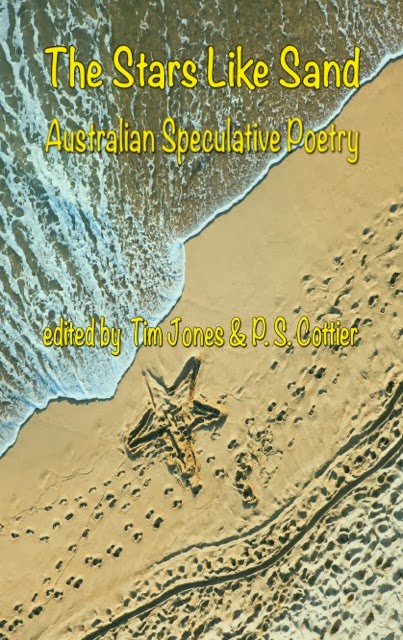Sidelights: Rugby Poems, by Mark Pirie (Wellington: The Night Press, 2013), available via Mark’s website.
Sport, a big area of New Zealand life, has formed a surprisingly small part of New Zealand poetry. Mark Pirie has done a lot to remedy that lately, with his NZ cricket poetry anthology A Tingling Catch receiving a lot of very favourable press, not least from the prestigious Wisden Cricketer.
Mark is currently editing an anthology of New Zealand and international poems about football (that is, the round-ball variety). But when I was growing up, the world game was still called ‘soccer’ in New Zealand, as ‘football’ was reserved for use to describe the sport that all New Zealanders, and in particular all New Zealand males, were supposed to be obsessed by: rugby union.
I grew up in Southland, where rugby’s hold was arguably as complete as anywhere in the country – at Gore High School, it was a source of great embarrassment that those half-despised, half-pitied sooks who played soccer had actually managed to string together a few winning games, while the school’s rugby First XV, supposedly the bastion and exemplar of teenage masculinity, was completely useless.
(If women’s rugby was played anywhere in New Zealand in the 1970s, it most certainly wasn’t played in Gore.)
I only ever played one game of rugby, during which I invented the kicking No. 8 long before Zinzan Brooke had thought of the idea. And, despite my Pommy background and odd haircut, I did eventually get interested in the game and used to watch a lot of it – right up to the point at which the All Blacks won the 2011 Word Cup, at which point, to my surprise, my interest in the game evaporated almost completely. I still watch the occasional All Blacks match on TV, but no longer pay any attention to the domestic or Super 15 competitions.
But I remember those provincial passions, which is why I enjoyed Mark Pirie’s Sidelights, and why my favourite poem from it is The Divided Country, which explores the eternal duality between Hurricanes and Highlanders supporters. “School Days at Wellington College” has a great last line which it sets up perfectly, and I also particularly enjoyed the sequence “Five All Blacks poems”, which ends with a poem celebrating the moment All Blacks’ captain Richie McCaw lifted the Webb Ellis Cup at the end of the 2011 World Cup tournament – that same moment that something in my brain appears to have decided that enough was enough.
Even in 2014, it’s hard to be in New Zealand for long without rugby starting to seep into your life: Sidelights is a good first step towards an understanding; or a valedictory to an era, long lost or recently ended, of liniment, the Sideline Eye, and the crowd rising to “E Ihowā Atua”.

